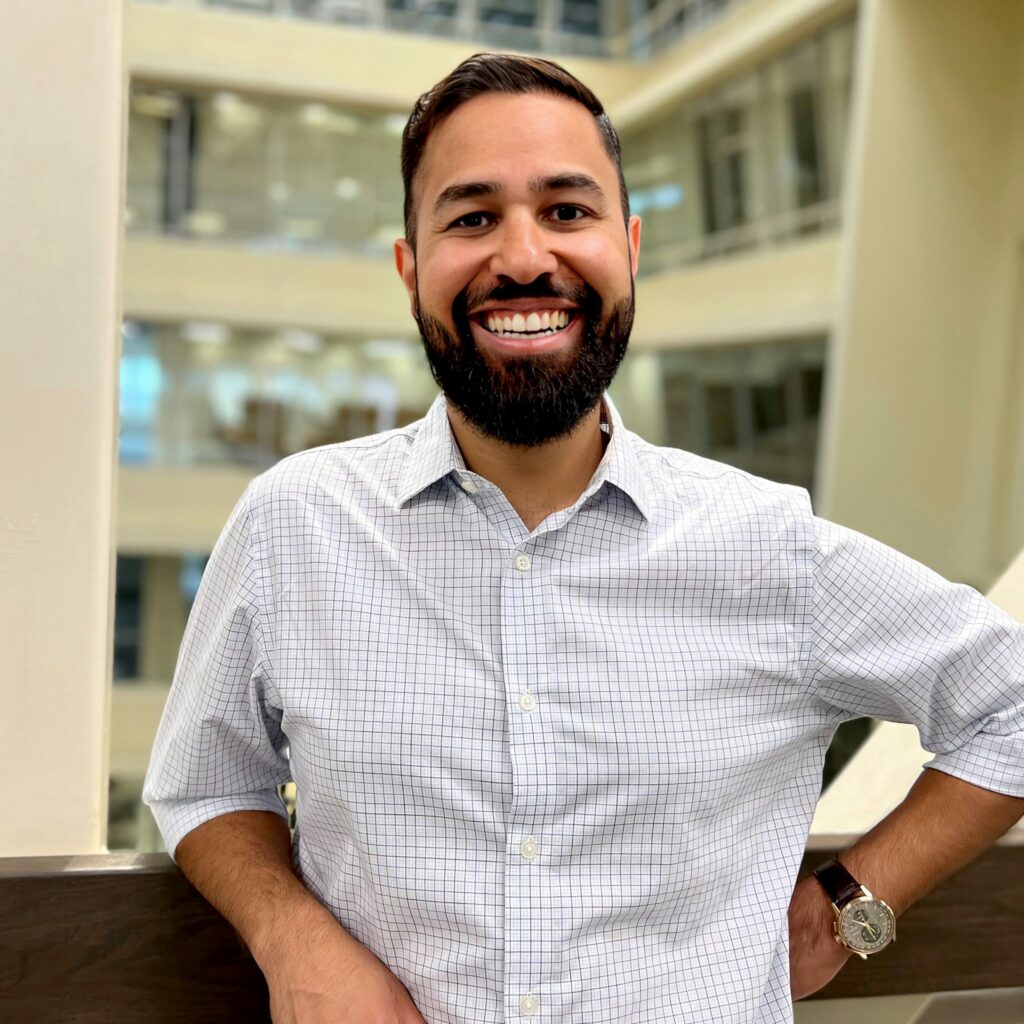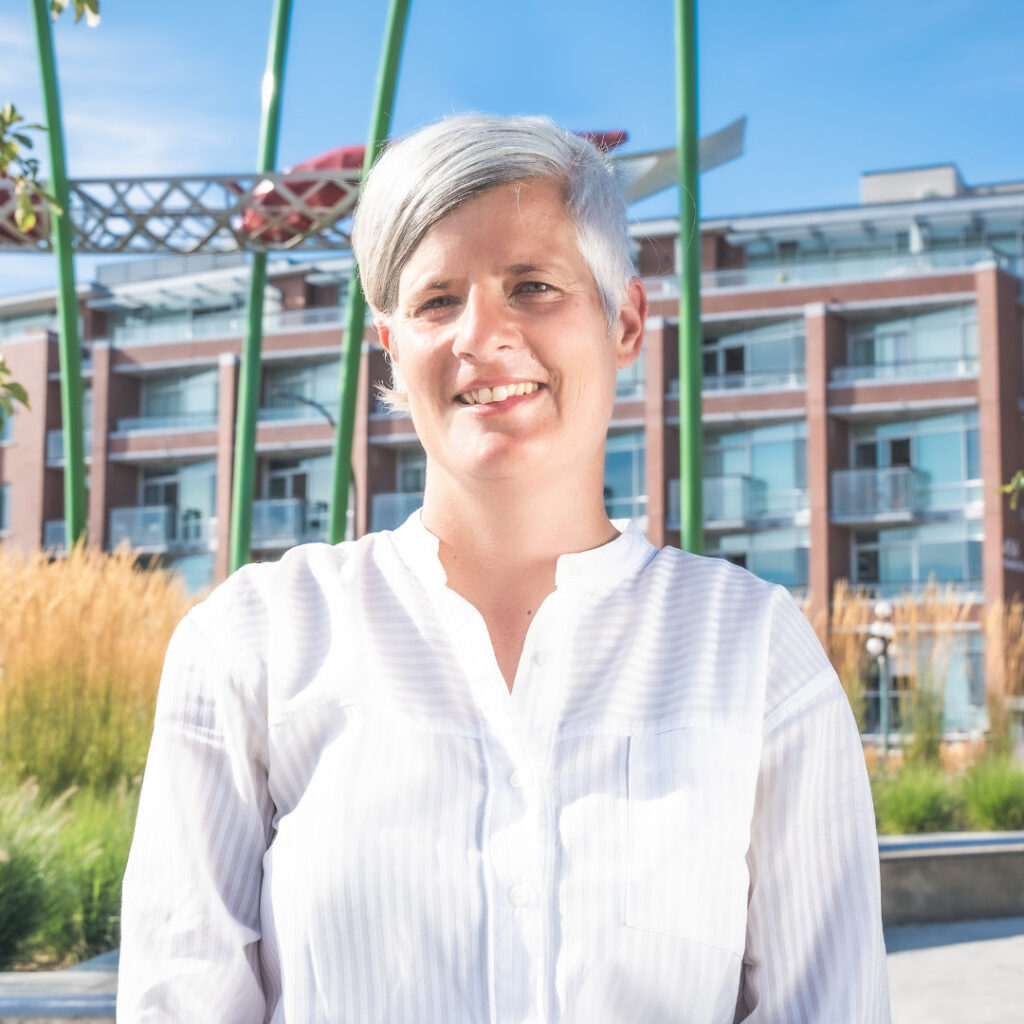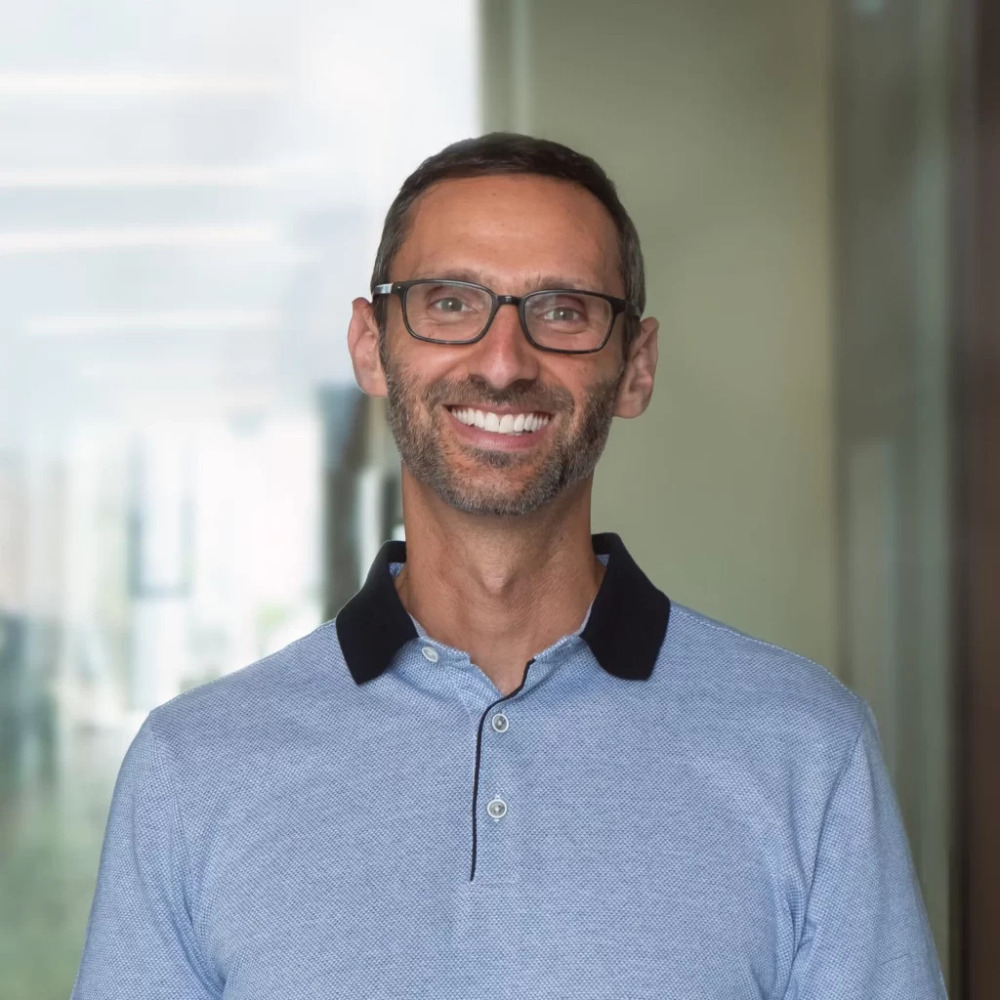The Leading Urban Change professional development program is an exclusive executive learning experience tailored for mid- and senior-level leaders working in the public, private, and not-for-profit sectors. Each year, the program focuses on a vital theme – in Spring 2025, the theme is accelerating housing solutions.
The School of Cities program empowers participants with the essential skills and tools to drive equitable urban transformation at local, regional, and national levels.
Program overview
Format:
Online synchronous and in-person sessions
Location:
School of Cities, University of Toronto and Zoom
Class size:
Under 25 learners
Duration:
6 weeks (24 hours of engagement)
Applications open:
December 9, 2024
Applications close:
March 5, 2025
Registration closes:
April 5, 2025
Future offerings:
Fall 2025
Fees*:
$3800 (+ 13% HST)
Discount of 25% available for teams of 2+
Each application is thoroughly reviewed to ensure the project aligns with the program’s objectives and is a good fit for the cohort group. If space is available, applicants will be notified of their admission and invited to complete their registration for the program within two weeks. Please feel free to email us at education.sofc@utoronto.ca with any questions, or if you require an extension on your registration date.
* Fees do not include travel to and accommodation in Toronto for the in-person session.
Key benefits of the program
Leading Urban Change is a project accelerator. Participants will focus on a current workplace project, exploring strategies and mechanisms to overcome barriers and identify growth opportunities. The program offers engagement with industry practitioners, faculty experts, and peers from across sectors, opportunities to expand professional networks, and one-on-one coaching.
Some key benefits include:
- Enhanced strategic leadership for housing challenges
- Refined solution-driven workplace project plans
- Tools and resources for housing innovation
- Expanded professional network & coaching
- A program completion certificate
| Offering: Leading Urban Change Professional Development Program: Accelerating Housing Solutions | ||
| Program and Learner Summary | ||
| Program Overview | The Leading Urban Change (LUC) Program, offered by the School of Cities at the University of Toronto, is an action-oriented professional development program designed for mid- to senior-level professionals working in municipal government, the public sector, private industry, and non-profit organizations. The LUC Program is not a traditional leadership course—it’s a hands-on learning experience focused on real-world application. Participants bring their own workplace projects and receive expert guidance to break down barriers, engage stakeholders, and develop actionable solutions to advance their work in housing and urban development. | |
| Program Length | 6 weeks – 24 hours of instructional time | |
| Program Structure & Modality | In-Person Intensive (2 Days): Hands-on problem-solving workshops and peer collaboration. Online Expert-Led Sessions (6 Weeks): Deep dives into housing finance, policy, leadership, and urban change frameworks. One-on-One Coaching & Peer Learning: Personalized mentorship to refine project strategies. Final Presentation: Participants showcase a refined project plan, receiving expert feedback for real-world implementation | |
| Target Audience | Urban leaders and professionals tackling housing and city-building challenges. Government officials and policymakers working in municipal and regional planning. Private sector leaders in real estate, infrastructure, and housing development. Non-profit executives and community leaders driving social and urban change | |
| Program Learning Outcomes | Upon successful completion of this program, learners will be able to: Cultivate soft power techniques to engage stakeholders and foster partnerships to align diverse interests and gain buy-in across sectors for project realization. Identify institutional, bureaucratic, and/or policy-related obstacles and explore strategies to address them, including identifying key decision-makers, allies, and/or resources. Identify potential partners in government, private industry, non-profit organizations, community partners, etc., and develop collaboration strategies to align goals and mobilize resources. Build connections with peers, experts, and key stakeholders to expand your professional network and articulate steps to leveraging those relationships in advancing on project and career goals. Refine a workplace project by integrating insights from faculty, industry experts, and peers, and articulate a clear vision for action. | |
| Unique program elements | Real-world application: Work directly on your own workplace project throughout the program. Expert mentorship: Gain access to top housing, finance, and policy leaders in Canada. Peer learning & collaboration: Build long-term connections and exchange insights with a diverse, cross-sector cohort. Practical solutions, not just theory: Walk away with a refined strategy, implementation plan, and professional support network to advance your project. | |
| Learner recognition | Certificate of Completion from the School of Cities, University of Toronto | |
Two-day in-person
- Values Problems Solutions Actions Framework
- Soft Power, obstacle mapping and solution driven strategies
- Developing culturally supportive housing model (ACEH case study)
- Emancipatory leadership
Accelerating housing finance
- Finance and budgeting strategies
- Private-public partnership models
- Utilization of financial instruments
- Financial narratives
Accelerating housing partnerships
- Partnership building strategies, risk mitigation
- Governance and implementation
- Cross sector collaboration
Accelerating housing technologies
- Technological solutions and urban sustainability
- Replicable housing models
- Community-driven design
Who is it for
This program is intended for individuals and teams who want to enhance their ability to create meaningful change. Participants will focus on identifying barriers to progress and developing strategic solutions to effectively engage others, build support, and drive meaningful transformation. The focus is on fostering collective action, aligning stakeholders, and driving positive change in their organizations or communities. Only those applicants who meet the requirements of this program will be considered for participation.
You will benefit most from this program if you are:
- A public, private, or not-for-profit sector leader working on advancing housing or housing-adjacent solutions, including but not limited to:
- Housing agency leads
- Policy advisors/analysts
- Developers
- Sustainability specialists
- Financial and economic professionals
- Community development and advocacy
- In a team of two or more participants.
Program schedule
| Date & Time | Theme | Facilitator | Location |
|---|---|---|---|
| May 5, 2025 12-2 PM ET | Introduction | Karen Chapple Lisa Helps Nouman Ashraf | Zoom |
| May 12, 2025 9AM – 6.30 PM ET | Identifying values, mapping challenges | Karen Chapple Lisa Helps Nouman Ashraf | In-person, University of Toronto |
| May 13, 2024 9AM – 4.30 PM ET | Collaborative action and equity: Elevating narratives and teamwork | Karen Chapple Lisa Helps Nouman Ashraf | In-person, University of Toronto |
| May 22, 2025 12-2 PM ET | Accelerating housing finance | Lisa Helps Rudi Wallace Derek Balantyne Robert Brown | Zoom |
| May 29, 2025 12-2 PM ET | Accelerating housing partnerships | Matti Siemiatycki | Zoom |
| June 5, 2025 12-2 PM ET | Accelerating housing technologies | Carolyn Whitzman Michael Epp Helen Goodland | Zoom |
| June 12, 2025 12-2 PM ET | Presentations and conclusion: Looking forward | Karen Chapple Lisa Helps Nouman Ashraf | Zoom |
Leading Urban Change instructors
Leading Urban Change is led by our three facilitators, and subject matter experts teach individual online sessions.

Karen Chapple (facilitator): Director, School of Cities and Professor, Geography & Planning, University of Toronto. Professor Emerita, City & Regional Planning, University of California, Berkeley

Nouman Ashraf (facilitator): Associate Professor, Rotman School of Management, University of Toronto

Carolyn Whitzman: Senior Housing Researcher and Adjunct Professor, School of Cities, University of Toronto

Rudi Wallace: President and CEO, Hamilton Community Foundation

Robert Brown: Founder, Catalyst Community Developments Society; Senior Investment Advisor, Sacha Investments Ltd.; Member, B.C. Housing Board of Commissioners

Helen Goodland: Principal, Head of Research & Innovation, SCIUS Advisory

Lisa Helps (facilitator): Executive Lead, BC Builds, former Housing Solutions Advisor to the B.C. Premier, former Mayor of Victoria

Matti Siemiatycki: Director, Infrastructure Institute and Professor, Geography & Planning, University of Toronto

Michael Epp: Director, Housing Planning and Development, Metro Vancouver and former Manager, Development Planning, City of North Vancouver

Derek Ballantyne: CEO, Boann Social Capital; Managing Partner, New Market Funds; former Chair, Board of Directors, Canada Mortgage and Housing Corporation (CMHC)

Fran Hunt-Jinnochi: Executive Director, Aboriginal Coalition to End Homelessness; former Chief of Quatsino First Nation; Inaugural Director, Office of Indigenous Affairs, University of Victoria.
FAQs
Absolutely! The program and accompanying workbook are designed to accommodate participants at different phases of their projects, from initial concept to implementation.
Sessions are delivered through a mix of online and in-person formats with interactive workshops, activities, and discussions.
This program is ideal for mid- and senior-level professionals in the housing sector who are actively involved in projects addressing urban challenges. The program is intended for teams of two or more and individuals from the private, public, and not-for-profit sectors. It supports participants in developing practical solutions for workplace-based initiatives.
At this time, School of Cities does not offer scholarships, bursaries, or financial assistance. Participants are encouraged to explore funding opportunities through their employers, professional associations, or local grants to support their enrollment in the program. If additional resources become available, details will be communicated to applicants.
Yes, this program qualifies for a T2202 form. To receive the form, provide your Social Insurance Number (SIN) when registering. The T2202 form will be issued at tax time for your records.
Currently, payment plans are not available.
Future sessions of the program may be offered depending on demand and program priorities. To stay informed about upcoming opportunities, check the program’s webpage or subscribe to updates from the School of Cities in the page footer below.
Yes, participants who successfully complete the program will receive a Certificate of Completion from the School of Cities, University of Toronto. The program undergoes a rigorous quality assurance process to ensure it meets high academic and professional standards, including regular updates based on participant feedback and industry best practices.
Watch LUC information sessions
Watch the recordings of the Leading Urban Change Info Session recorded in January & February 2025. Led by Karen Chapple, Director School of Cities; Lisa Helps, former Mayor of Victoria, BC; and Nouman Ashraf, Rotman School of Management.
Whether you’re new to the program or looking to deepen your engagement, this webinar is a great opportunity to discover how Leading Urban Change can support your goals.
Questions about the program?
Feel free to contact us about fee and payment options, course content and applicability, or anything else: email us at education.sofc@utoronto.ca
Sign up for more information and updates about this program
Let us know if you would like more information and updates about this specific program (even if you have expressed interest in other programs before).
"*" indicates required fields
Each application is thoroughly reviewed to ensure the project aligns with the program’s objectives and is a good fit for the cohort group. If space is available applicants will be notified of their admission and invited to complete their registration for the program.


